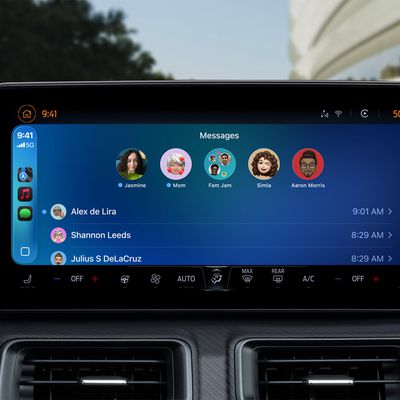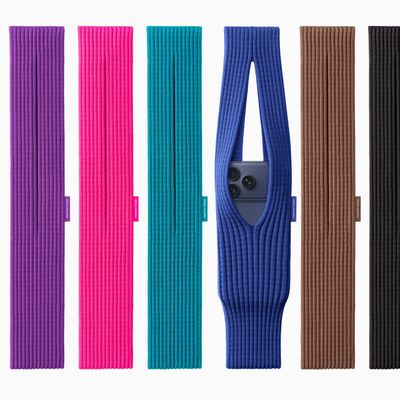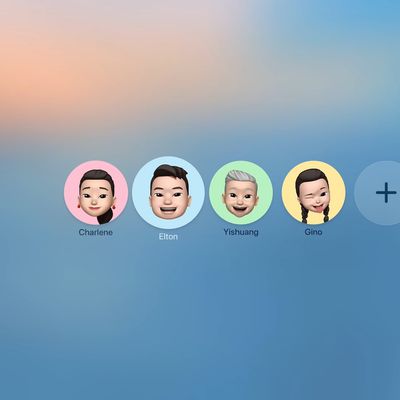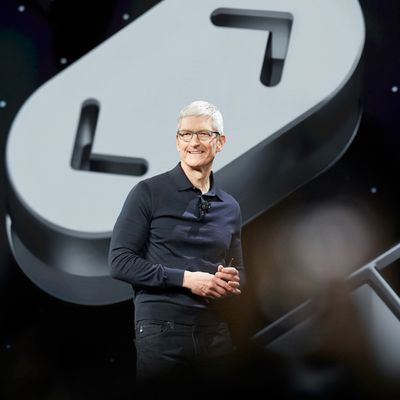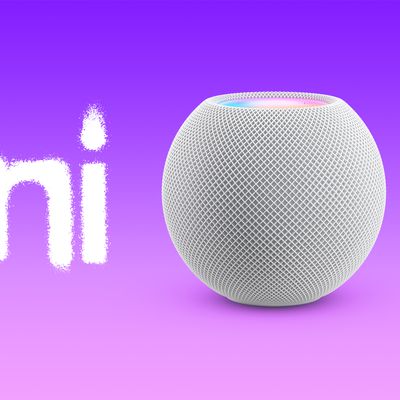A new in-depth story about the ongoing legal fight between Apple and Qualcomm has been posted online today by Bloomberg Businessweek, going behind the scenes of the accusations and rebuttals made by the two tech companies. The fight centers upon the "Qualcomm tax," or the amount of money that Qualcomm charges smartphone makers for the internal components of a device that allows it to connect to a cellular signal, also known as the smartphone's modem.
According to court documents seen by Bloomberg Businessweek, the true origin of the feud is described as starting two summers ago at the Allen & Co. conference in Sun Valley, Idaho. There, Apple CEO Tim Cook and Samsung Vice Chairman Jay Y. Lee are believed to have "shared a quiet word," where Cook told Lee to "pressure" South Korean antitrust regulators into intensifying a Qualcomm investigation that had been open for about a year at the time.
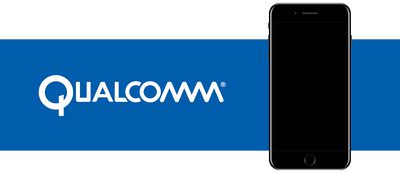
Apple wanted to get itself in front of investigators and spur more questions about the Qualcomm tax, which it could do because it was in an agreement with the modem supplier. That deal had lowered the tax from $30 to about $10 per iPhone, with Apple promising not to challenge any of Qualcomm's patents. However, it meant that Apple could truthfully answer any question in an investigation about the supplier that was already under way -- which Qualcomm claims was exactly Apple's intent at the Idaho conference.
Qualcomm claims that at the event—almost certainly the Allen & Co. conference in Sun Valley, which both Cook and Lee attended—the Apple executive urged Samsung to pressure South Korean antitrust regulators to intensify an investigation into Qualcomm that had been open since 2014. “Get aggressive,” the Apple executive said, according to Qualcomm's filing, adding that this would be the “best chance” to get Qualcomm to lower its prices.
Apple says nothing improper happened. “I don’t know what conversation they are talking about,” says Bruce Sewell, the company’s general counsel, in an interview at headquarters in Cupertino, Calif. “For Apple to have said to Samsung, ‘You guys are in Korea and you should be watching this case carefully,’ doesn’t seem to me to be anything beyond simply the kind of conversation two CEOs might have.”
The story then details a few other parts of Qualcomm's history, including its massive "Patent Wall" that greets visitors to its headquarters, displaying patents for Qualcomm's CDMA specification and others that the company claims to be for the first smartphone and app store. "I can't think of a keystroke that you can do on a phone that probably doesn't touch a Qualcomm invention," said CEO Steve Mollenkopf.
Apple was reliant on Qualcomm for this reason for many years, as it produced the highest quality modems in the supply chain and forced the Cupertino company to deal with the Qualcomm tax. That changed in 2015 when Intel began producing modems that would arrive in the iPhone 7. According to Apple general counsel Bruce Sewell, "What prompted us to bring the case now as opposed to five years ago is simple, it's the availability of a second source."
This introduction of a quality second source in the modem supply chain was met with another point by Apple: a smartphone modem is simply one of many components that make up an iPhone — and of "no special significance" as modern consumers rely less on the actual cellular features of the device. These two points encouraged Apple's decision to fight back against Qualcomm, ultimately leading to Apple's lawsuit earlier this year, a Qualcomm countersuit soon after, and more companies joining Apple in its fight.
“Cellular connectivity is important,” he says, “but it’s not as important as it used to be.” On another table behind Sewell, an Apple representative has laid out two versions of the iPhone 7: One model, which has 128 gigabytes of memory was sold by Apple for $750. The other, which has 256 GB, sold for $100 more. How is it fair, Apple asks, for Qualcomm to charge as much as $5 more for the technology in the more expensive phone, given that the two devices are otherwise identical?
In July, Qualcomm claimed that Apple infringed on six of its new patents concerning battery life and graphics processing in smartphones, and in August the U.S. International Trade Commission opened an investigation into Apple's alleged infringement with a decision date aimed around the time of the September 2018 iPhone launch. The patent infringement accusation is said to be designed to disrupt Apple's supply chain and "push the company to negotiate," with Qualcomm CEO Mollenkopf stating that all of the legal back-and-forth won't last forever, expecting Apple to settle soon.
That won't happen according to Sewell: "There's no way that this case settles, absent a complete reinvention of the licensing model that Qualcomm has adapted in the industry."
Check out the fully story by Bloomberg Businessweek right here.



